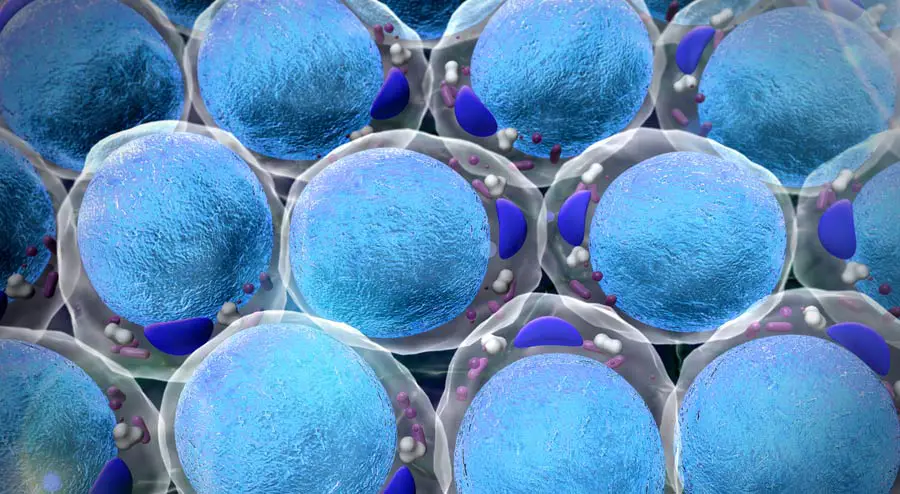
Every living organism is composed of cells.
Some organisms like bacteria are made up of a single cell, while other living species are made up of trillions of cells, including animals, birds, plants and human beings.
As per the biological levels of the organisation, a group of cells form tissues; tissues make up organs, and organs create an organ system.
What is a Cell?
The cell is called the structural and functional unit of all living organisms. It is the building block of all living organisms.
The single and minute cell carries out numerous biological activities of a living organism. Every single cell present within the human body is self-destructive.
Let us know some interesting facts about cells.
Fact-1
The first cell to originate on Earth was a Prokaryotic cell and later evolved into Eukaryotic cells.
Fact-2
The size of a human cell varies between 10 and 100 micrometres. Furthermore, the size of a cell is generally determined by its surface area and not by its length.
Fact-3
The cells are further classified based on the presence of cell organelles and the true nucleus. Prokaryotic and Eukaryotic cells are the two main types of cells. Eukaryotic cells possess a true nucleus along with membrane-bound organelles, while prokaryotic cells do not possess a nucleus and also lacks membrane-bound cellular organelles
Fact-4
The human body is composed of trillions of cells with specialised functions. Millions of cells are created every day, and more than 200 million cells die per minute.
Fact-5
The most extended cell in the human body is the motor neuron, which measures one metre in length and about 0.1 millimetres in its diameter.
Fact-6
Cell organelles are the structural and functional units of the cell. A group of specialised organelles carries out all the specific functions within the cells.
Fact-7
Cell division plays an important role in all living organisms, as it is essential for growth, repair and reproduction.
Fact-8
The human brain primarily comprises neurons, neural stem cells, glial cells and blood vessels. Neural stem cells (NSCs) are self-renewing multipotent cells.
Fact-9
The feminine egg is the largest cell in the human body, and the smallest is the male sperm cell.
Fact-10
The Cytoplasm carries out all the biochemical reactions in a cell, including the growth and development and cell expansion.
Fact-11
The centrioles function as the microtubule-organising centre, which is involved in the arrangement of the cell organelles.
Fact-12
A cell contains a specialised subunit or cellular components. These cellular components function together to keep the cell active and alive.
These were a few exciting facts about the cell.
Stay tuned with BYJU’s to learn more about the cells, their structure, functions, types, and other related topics. Students can also learn more by watching different subject-related YouTube videos, by subscribing to BYJU’s YouTube videos.




More Stories
Bilingual books about winter – Bilingual Marketplace
The Japanese Shinto Faith – Learn Something Interesting
Improving science literacy means changing science education